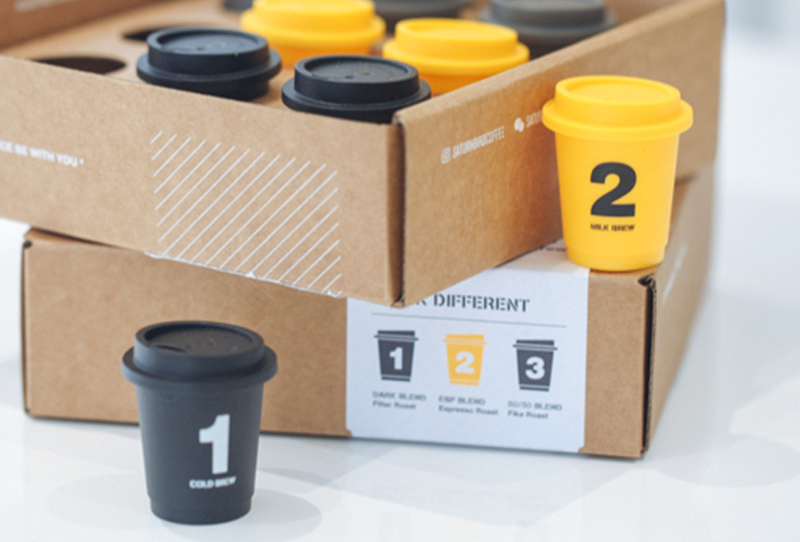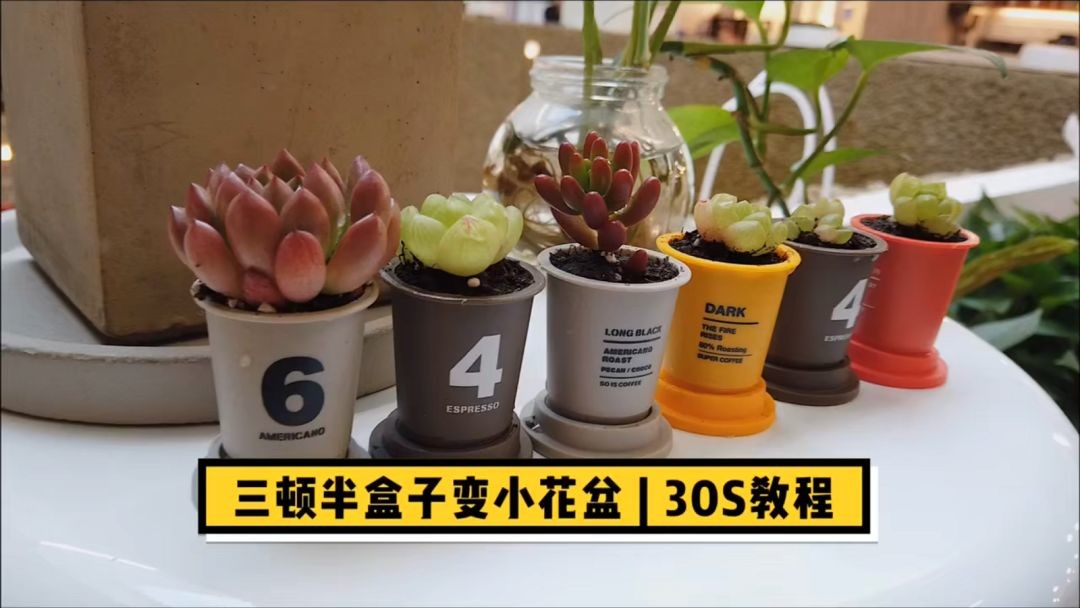At AgencyChina, we love innovative products that unlock new growth. Saturnbird Coffee (三顿半), a local instant coffee company, is a standout example. In last year’s Double 11 e-commerce extravaganza, Saturnbird took top spot from Nestle in the instant coffee category.
So, what did Saturnbird do to achieve breakout success?
- Solved a real consumer pain point
- Create a new sub-category
- Adopted distinctive packaging
- Launched through the right channels
Let’s look at each of these in turn. If you work in FMCG, you’ll find the learnings practical and relevant.

1. Saturnbird solves a consumer pain point
Instant coffee has a long history. It was first patented in 1771, but only really started to gain widespread adoption in the early twentieth century. Even with all the time that’s passed, instant coffee’s solubility remains an issue. That is to say, to get a desirable taste, you need to use a spoon to make sure the instant coffee granules dissolve and don’t sit at the bottom of the mug.
Now, that might not be an issue in most places. But Saturnbird found that China’s coffee aficionados dislike this extra step. This is especially the case in office environments, where there’s an equal aversion to using communal spoons and keeping a spoon at one’s desk. This, they found, was a big barrier to greater instant coffee adoption in trendy offices.
To borrow one of Peter Thiel’s ideas from Zero to One, this was a ‘consumer secret’ that only Saturnbird knew.
Saturnbird set out to solve this problem. They came up with a breakthrough in instant coffee, which results in complete solubility within a few seconds. No spoon, tilting, shaking or stirring required.

2. Saturnbird created a new sub-category
Armed with this insight and technological breakthrough, Saturnbird sought to differentiate itself from competitors in an increasingly crowded instant coffee market. Saturnbird’s team took a page from Blue Ocean Strategy and Blue Ocean Shift, and created a new sub-category.
They didn’t call themselves ‘instant coffee’. Instead, they spent marketing dollars to create the ‘artisanal instant’ category (trust us, it sounds better in Chinese).
As the only player in the newly-created ‘artisanal instant’ category, Saturnbird charged a price premium relative to instant coffee. To give you a sense, a standard Nescafe sachet costs only 1 RMB. However, a Saturnbird coffee capsule is sold at 8 RMB. That’s expensive relative to a Nescafe sachet, but cheap compared to an artisanal coffee (upwards of 35RMB) from a local coffee shop.

3. Saturnbird adopts distinctive packaging
Saturnbird’s differentiation doesn’t just stop at creating a fancy name for a new sub-category. It adopted bright, eye-catching packaging for its coffee pods. Particularly, it’s use of colors and materials, makes for ready associations with LEGO.
At this point, you might be thinking “Well, that’s all well and good, but the packaging doesn’t look very sustainable, does it?”
Saturnbird’s handled this in a couple of ways. First, it’s partnered with convenience stores to act as recycle stations. Recycling plastic pods generates points and rewards through Saturnbird’s CRM system. Second, it’s taken to social media to suggest ways for customers to repurpose coffee pods, such as potted plants.

4. Saturnbird launched on the right channels
If we’re honest, a lot of imported brands try and push through WeChat and Weibo to generate awareness for their products and services. They’d be better served by learning from local players like Saturnbird. Promote its products on channels with a good fit, for example, Xiachufang (下厨房) – China’s online foodie community – and RED (小红书), China’s preeminent lifestyle sharing platform. Saturnbird found loyal enthusiasts, and asked them to participate in product development and marketing.
Takeaways
- Do your research to understand real needs and pain points
- Use research and product innovation to find and exploit ‘secrets’ that no other category competitor knows
- Make deliberate choices to create a differentiated proposition
- Launch through the right channels, even if they don’t have the scale of WeChat and Weibo
How We Can Help
If you like the sound of this approach to market, our team has the requisite skills across research, marketing and commerce to launch a product from scratch, or adjust your product and business model to the needs of China’s consumers. Get in touch to find out more.



